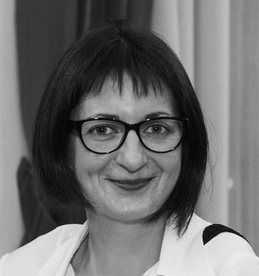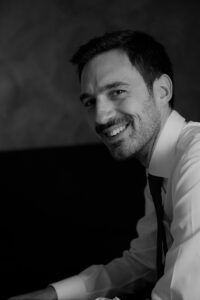Olga Tsave
Olga Tsave, is a postdoctoral researcher (Laboratory of Computing, Medical Informatics and Biomedical - Imaging Technologies and Laboratory of Inorganic Chemistry and Advanced Materials, Department of Chemical Engineering, A.U.Th). She graduated of the School of Biology (A.U.Th.), with a focus on Molecular Biology, Genetics and Biotechnology, and holds two M.Sc.s in Applied Genetics and Biotechnology (A.U.Th. 2012-2015) and in Medical Informatics, (A.U.Th. 2016-2019). Her research interests include the development of models of biological processes and metabolomics, structure-activity relationship of novel materials in disease -therapy, metallo-induced processes in the pathogenesis of metabolic and neurodegenerative diseases, medical imaging, development of models for assessing exposure to xenobiotic agents (in vitro, ex vivo, in vivo), and electrophysiology. Her research work includes participation in national-international conferences (64 papers), and full articles in international scientific journals of high IF (28 papers).
Email: [email protected], [email protected].




